Related Research Articles
Corporate welfare refers to government financial assistance, subsidies, tax breaks, or other favorable policies provided to private businesses or specific industries, ostensibly to promote economic growth, job creation, or other public benefits. This support can take various forms, including tax credits, tax deductions, tax exemptions, government contracts, preferential regulatory treatment, debt write-offs, public-private partnerships, bailout programs, discount schemes, deferrals, low-interest loans or loan guarantees, direct subsidies or public grants.

An economist is a professional and practitioner in the social science discipline of economics.

Thomas Sowell is an American economist, economic historian, social philosopher and political commentator. He is a senior fellow at the Hoover Institution. With widely published commentary and books—and as a guest on TV and radio—he is a well-known voice in the American conservative movement as a prominent black conservative. He was a recipient of the National Humanities Medal from President George W. Bush in 2002.

Jeffrey David Sachs is an American economist and public policy analyst who is a professor at Columbia University, where he was former director of The Earth Institute. He worked on the topics of sustainable development and economic development.
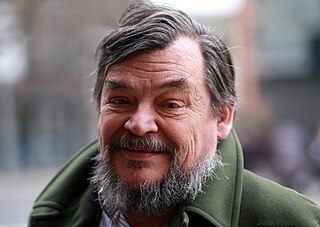
Erik Steenfeldt Reinert is a Norwegian economist, with development economics, economic history and history of economic policy as his specialties.
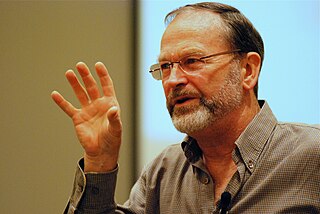
William Rees, FRSC, is Professor Emeritus at the University of British Columbia and former director of the School of Community and Regional Planning (SCARP) at UBC.

The School of International and Public Affairs (SIPA) is the international affairs and public policy school of Columbia University, a private Ivy League university located in Morningside Heights, Manhattan, New York City. SIPA offers Master of International Affairs (MIA) and Master of Public Administration (MPA) degrees in a range of fields, as well as the Executive MPA and PhD program in Sustainable Development.
Albert Fishlow is an economist, a professor emeritus of economics at the University of California, Berkeley and a professor emeritus of international and public affairs at Columbia University. He is the former director of the Columbia Institute of Latin American Studies and Center for the Study of Brazil at Columbia. He was previously the Paul A. Volcker Senior Fellow for International Economics at the Council of Foreign Relations.
Walter Galenson was a professor of economics at Cornell University and a noted U.S. labor historian and economist.
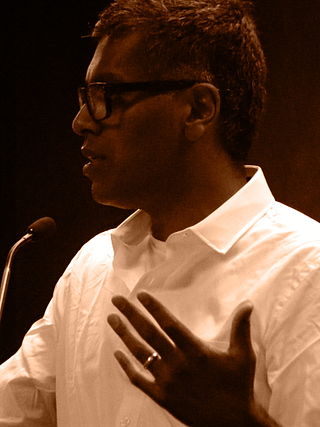
Sudhir Alladi Venkatesh is an American sociologist and urban ethnographer. He is William B. Ransford Professor of Sociology & African-American Studies at Columbia University, a position he has held since 1999. In his work, Venkatesh has studied gangs and underground economies, public housing, advertising and technology. As of 2018, he is the Director of Signal: The Tech & Society Lab at Columbia University.
Richard R. Nelson is an American professor of economics at Columbia University. He is one of the leading figures in the revival of evolutionary economics thanks to his seminal book An Evolutionary Theory of Economic Change (1982) written jointly with Sidney G. Winter. He is also known for his work on industry, economic growth, the theory of the firm, and technical change.
Matthew E. Kahn is a leading American educator in the field of environmental economics. He is the Provost Professor of Economics at the University of Southern California. Between 2019 and 2021, he served on the faculty of Johns Hopkins University as a Bloomberg Distinguished Professor of Economics and Business, with appointments at both Carey Business School and Zanvyl Krieger School of Arts and Sciences.

Arvind Panagariya is an Indian economist who is holding the position of Jagdish Bhagwati Professor of Indian Political Economy at Columbia University and the Director of Deepak and Neera Raj Center on Indian Economic Policies at School of International and Public Affairs at Columbia University in New York City. He served as first vice-chairman of the government of India think-tank NITI Aayog between January 2015 and August 2017. He has been appointed as the chairman of 16th Finance Commission by the government of India. He is a former Chief Economist of the Asian Development Bank. He was awarded the Padma Bhushan by the President of India in 2012 for his contributions in the field of economics and Public Policy.
Lloyd Jeff Dumas is a Professor of Political Economy, Economics, and Public Policy in the School of Economic, Political and Policy Sciences at the University of Texas at Dallas.
Robert Dorfman was professor of political economy at Harvard University. Dorfman made great contributions to the fields of economics, statistics, group testing and in the process of coding theory.
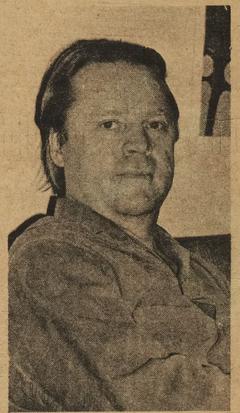
Neil Cornelius Wolverton Chamberlain was an American economist who was the Armand G. Erpf Professor of Modern Corporations of the Graduate School of Business at Columbia University. Before that he was a professor in the Department of Economics at Yale University. His scholarly efforts concerned industrial relations and labor economics, the economies of corporations and corporate planning, national planning, and social values and corporate social responsibility. He was the author of nineteen books, editor of six more, published numerous articles in academic journals, and wrote an intellectual memoir as well. His range of research and writing was unusually wide, but his biggest contribution to the field of economics was in the study of industrial relations and especially in his analysis of bargaining power.

David H. Autor is an American economist, public policy scholar, and professor of economics at the Massachusetts Institute of Technology (MIT), where he also acts as co-director of the School Effectiveness and Inequality Initiative. Although Autor has contributed to a variety of fields in economics his research generally focuses on topics from labor economics.
Gary Sheldon Fields is an American economist, the John P. Windmuller Professor of International and Comparative Labor and Professor of Economics at Cornell University. Fields has performed extensive research in labor economics and development economics, in particular labor mobility, which was rewarded with the IZA Prize in Labor Economics in 2014.
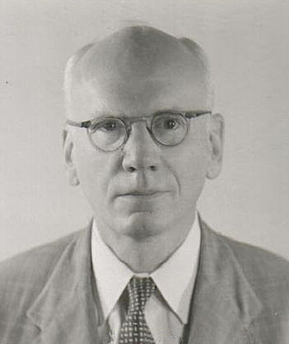
Morris Albert Copeland was an American economist who criticized 20th-century macroeconomic theory, and who contributed to the development of modern flow of funds theory.
Ragui A. Assaad is an Egyptian economist and Professor of Planning and Public Affairs at the Humphrey School of Public Affairs. His research interests include labour economics, inequality and the economics of education. He ranks among the most prominent economists of Egypt.
References
- ↑ "Scams.info and Unmillenniumproject.org - Scams.info". www.unmillenniumproject.org. Retrieved 2025-01-11.
- ↑ Elliott D. Sclar (2001). You Don't Always Get what You Pay for: The Economics of Privatization . Cornell University Press. ISBN 978-0-8014-8762-0.